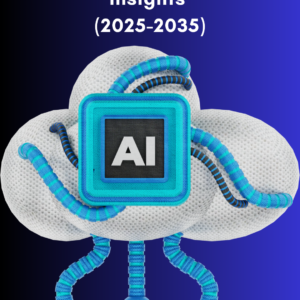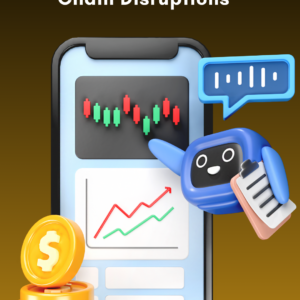1. Executive Summary
- Overview of Component Selection in Semiconductor Design
- Importance of Efficient Design Tools in Semiconductor Engineering
- Project Scope and Objectives
2. Understanding the Current Workflow of Hardware and System Design Engineers
- Common Practices for Selecting Design Components
- Tools and Platforms Typically Used
- Challenges and Opportunities in the Current Workflow
3. Introduction to the Sensor Interface Solutions Portal
- Overview of the Tool’s Features and Capabilities
- Target Audience and Intended Use
- Comparative Analysis with Existing Tools
4. Usability Assessment of the Sensor Interface Solutions Portal
- Key Metrics for Usability: Intuitiveness, Efficiency, and Accessibility
- Engineers’ First Impressions and Feedback
- Strengths and Potential Improvements
5. Usefulness and Satisfaction Assessment
- Evaluating the Practicality of the Tool in Real-World Design Scenarios
- How Well the Tool Fits into Existing Engineering Workflows
- Satisfaction Scores and Qualitative Feedback from Engineers
6. Design Component Selection Challenges
- Common Issues Engineers Face in Component Selection
- Potential Solutions and How the Tool Addresses These Issues
- Impact of the Tool on Productivity and Design Accuracy
7. Future Outlook for Design Tools in Semiconductor Engineering (2025-2035)
- Predicted Trends in Design Component Selection Tools
- Role of AI and Automation in Enhancing Design Efficiency
- Future Feature Enhancements for Sensor Interface Solutions Portal
8. Conclusion and Recommendations
- Key Takeaways from the Tool’s Usability and Satisfaction Assessment
- Strategic Recommendations for Tool Developers
- Next Steps for Tool Optimization
9. Appendices
- Survey Data and User Feedback Summaries
- Technical Specifications of the Sensor Interface Solutions Portal




